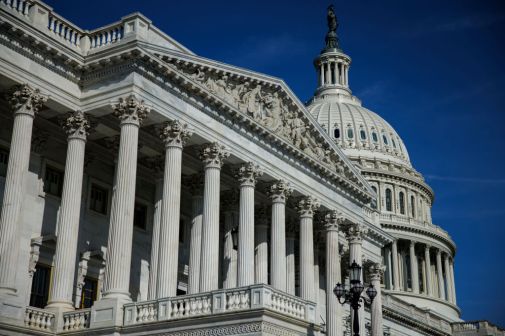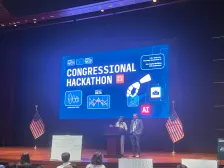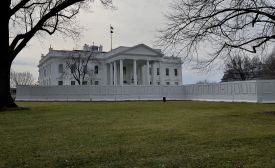The House Judiciary Subcommittee on Courts, Intellectual Property and the Internet held a hearing today on legislation that would legalize cellphone unlocking.
“It will expand consumer options besides what the changing market already provides, and ensure a healthy competitive market,” said Rep. Thomas Marino, R-Penn., vice chairman.
Testimony was given by Steven Berry, president and CEO at the Competitive Carriers Association, Michael Altschul, senior vice president and general counsel at CTIA – The Wireless Association, George Slover, senior policy counsel at the Consumers Union, and Steven Metalitz, partner at Mitchell Silberberg & Knupp LLP.
Those in favor for unlocking cellphone contracts say locked contracts lead to decreased consumer freedom. Under current law, once a person’s contract is finished his or her phone isn’t automatically unlocked, preventing a move to a different carriers or people giving away their phones. However, most mobile devices can be unlocked through carriers without a fee over the phone or unlocked with a fee online.
Rep. Zoe Lofgren, D-Calif., said this is an issue of property rights, and locks on mobile devices is a direct violation of those rights.
“Once someone buys something, they should own it, and using criminal law to enforce that contract is inappropriate,” she said.
According to a survey done by the Consumers Union, 96 percent of respondents said consumers should be able to switch carriers, and 98 percent of those with smartphones agreed with that.
“To them, it’s just common sense that they should be able to switch their carriers and keep their phone,” Slover said.
Rep. Jason Chaffetz, R-Utah, and Metalitz got into a fiery exchange in which they argued who will be protected under this law, if enacted, and what protection not only consumers will have but the developers of this unlocking technology.
“Everyone in that food chain needs to be protected under the law, and it needs to apply to both consumers and those developers,” Chaffetz said.
This legislation would leave the exemptions found in the 1998 Digital Millennium Copyright Act in place. The panel testified leaving these laws in order would protect creators and innovators in the marketplace and allow them to remain competitive.
Metalitz said the passing of H.R. 1123 would be the “most effective and focused way for Congress to correct what it considers an erroneous outcome of the last DMCA rulemaking cycle.”
Those on the panel said they are unaware of anyone opposing the bill.






